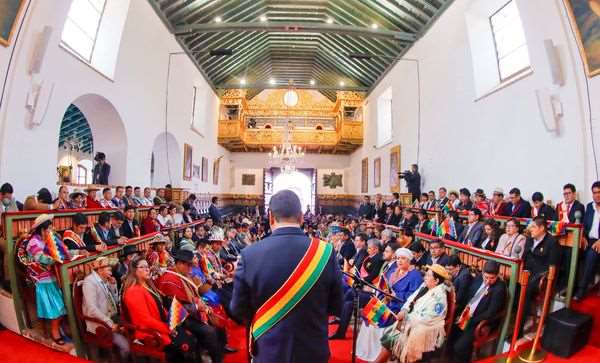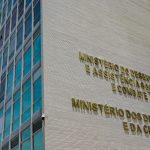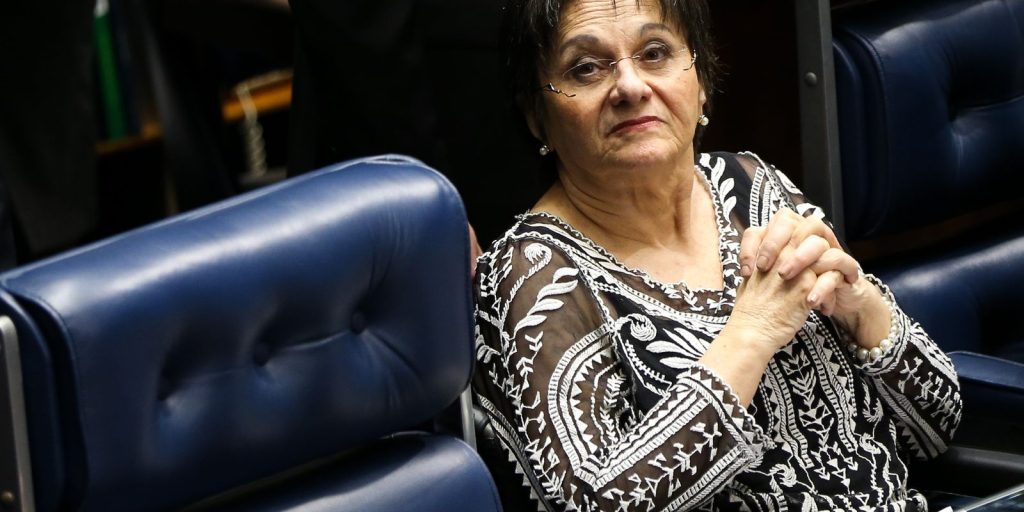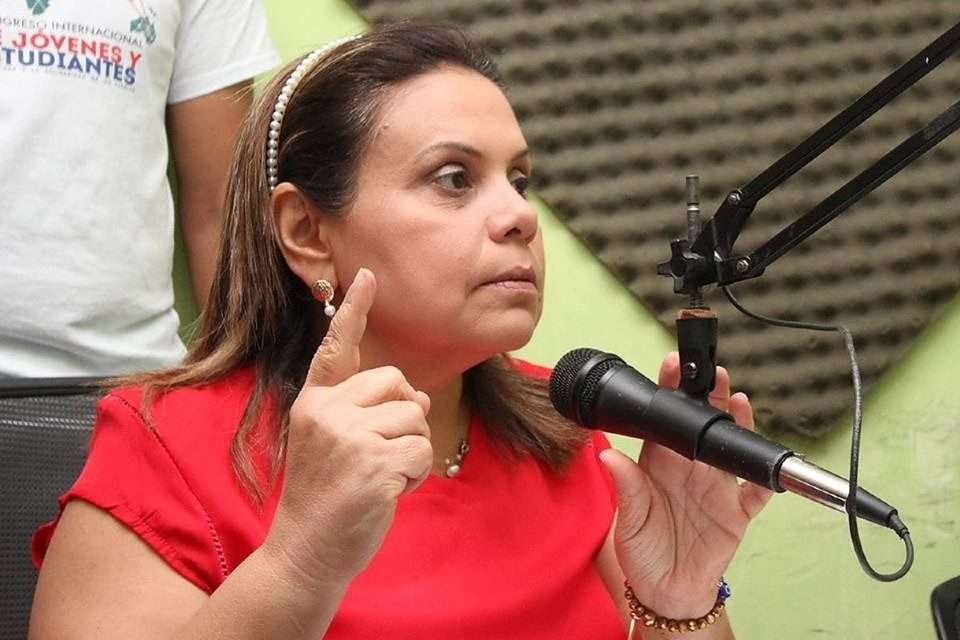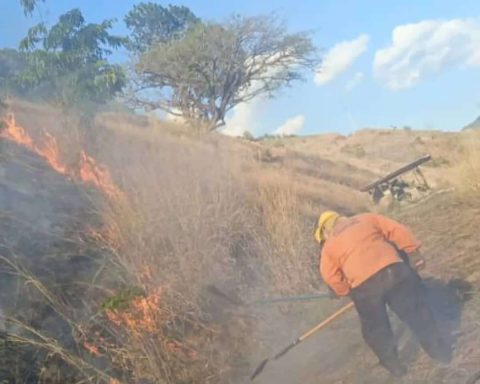August 7, 2024, 12:09 PM
August 7, 2024, 12:09 PM
Beyond clearing up doubts and generating certainties, the presidential message of August 6 raises questions because, according to experts, it does not respond to or provide solutions to the different problems that the country is experiencing due to the shortage of dollars and fuel. For two economists, the proposals launched by President Luis Arce Catacora will have a negative impact on the risk rating of the Bolivian State.
Jaime Dunn, an economic analyst, warned of the imminent danger of a downgrade in Bolivia’s credit rating. According to Dunn, the president’s recent decision to put hydrocarbon subsidies to a referendum, justified as an effort to “listening to the people” shows a weak and fearful government, incapable of making crucial decisions.
Dunn stressed that this stance will be interpreted by international credit rating agencies as a sign of the president’s inability to make urgent and necessary decisions.
“Such perception is fundamental in assessing a country’s risk rating.“he said, warning that this jeopardizes a further downgrade of Bolivia’s credit rating.
Fernando Romero, president of the College of Economists of Tarija, said that the speech has created expectations and uncertainties both nationally and internationally, due to the lack of structural and short-term solutions on the fiscal issue.
He said that President Arce focused on foreign trade and hydrocarbon issues, announcing that fuel subsidies will be defined by referendum.
This announcement has negatively influenced the country risk index prepared by JP Morgan, which closed at 2,244 points, an increase of 1% since the day before the presidential message.
Since the military takeover in June, this indicator has grown by 13%, reflecting growing concern about the lack of measures to reduce fiscal and inflationary pressure in the face of the shortage of dollars.
